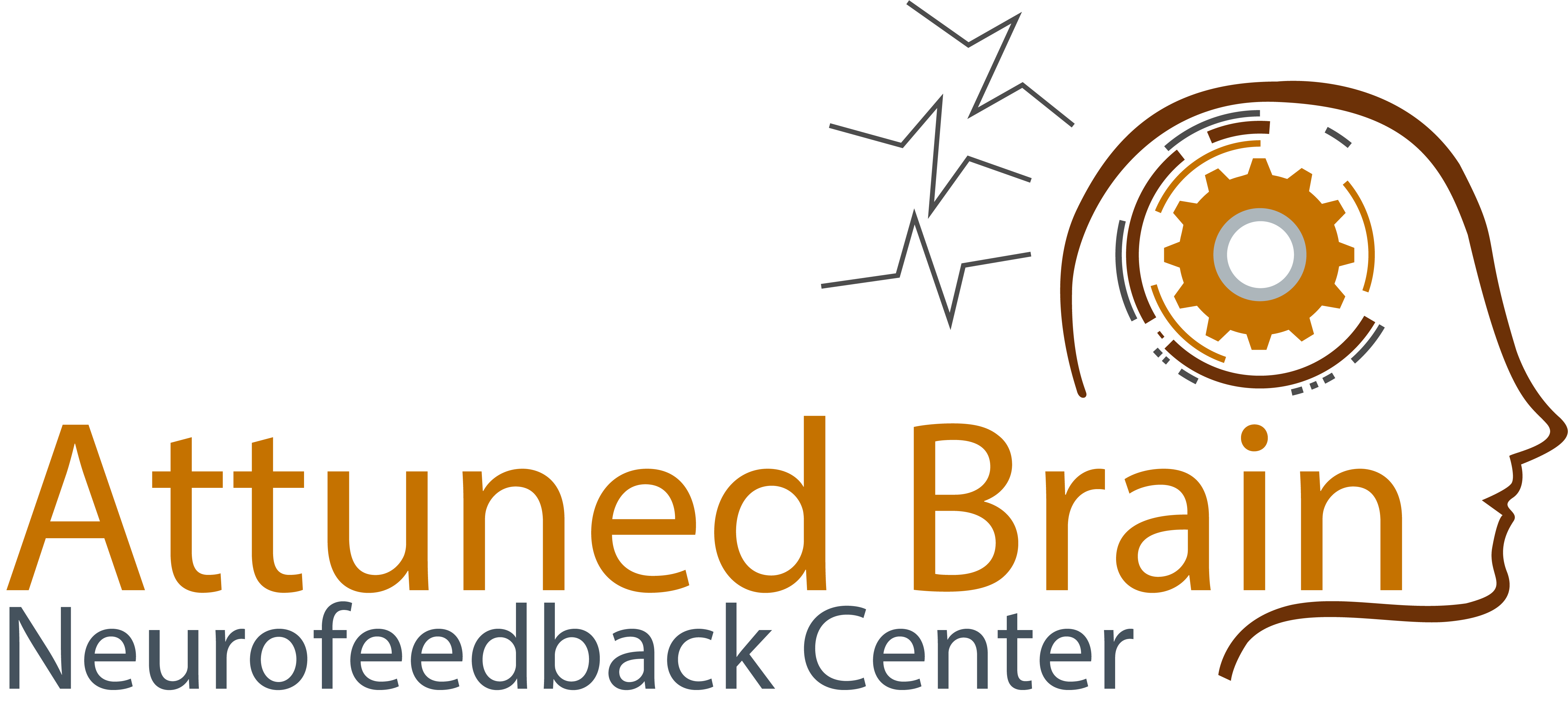Peak Performance
“Success is not final, failure is not fatal: it is the courage to continue that counts.”
– Winston Churchill
What is Peak Performance?
Today’s world is highly competitive. How can you go above and beyond? Peak performance training involves improving performance and mental fitness through non-medical and non-therapeutic means. Unlike treatments for disorders or conditions, the aim of this training is to help clients achieve desirable mental states at specific times rather than addressing brain dysfunctions.
The ultimate objective of peak performance training is to enable individuals to navigate various situations in a calm, focused, purposeful, poised, and effective manner. With Peak Performance training (a.k.a. Neurofeedback), people can better handle stress and perform optimally in various areas of life. It can assist a diverse range of different activities, including athletes, musicians, artists, schoolchildren, students, and business professionals, in improving their academic or professional performance.


improve self-regulation of thoughts and emotions
Peak Performance Benefits
While individual experiences may vary, here are some potential benefits associated with neurofeedback peak performance training:
- Enhanced Focus and Concentration: Can help improve the ability to focus and sustain attention, which can be particularly valuable for tasks that require intense concentration, such as studying, work projects, or sports performance.
- Stress Reduction: Neurofeedback can help individuals learn to regulate their stress responses and promote relaxation. This can contribute to better stress management, emotional resilience, and overall well-being.
- Improved Cognitive Abilities: Neurofeedback has been associated with enhancements in cognitive functions such as memory, problem-solving, creativity, and decision-making.
- Better Sleep: May improve sleep patterns and overall sleep quality. This can lead to increased energy levels, improved mood, and better cognitive functioning during waking hours.
- Anxiety and Mood Regulation: Helps manage symptoms of anxiety and mood disorders. It can assist in reducing feelings of anxiety, promoting emotional stability, and supporting a positive mood.
- Sports and Athletic Performance: Athletes may use neurofeedback training to enhance their sports performance by improving focus, reducing performance anxiety, and refining motor skills.
- Enhanced Self-Regulation: Encourages individuals to become more aware of their physiological and mental states, promoting self-regulation and emotional control.
- Neuroplasticity and Learning: Can facilitate neuroplasticity, the brain’s ability to reorganize and adapt. This can aid in learning new skills and habits more effectively.

Who Uses Neurofeedback for Peak Performance
- US Special Forces & Navy Seals
- United States Olympic Training Center
- English Institute of Sport (Olympic Training Center)
- The Pro golf circuit
- Formula 1 teams
- NASA astronaut training center
- Canadian National Olympic Sports Centers
- Norwegian Olympic Training Center
Neurofeedback Sessions Can Improve the Following
- Reaction Time
- Decision-Making Strategies
- Attention and Focus
- Mental Longevity/Resilience
- Processing Speed
- Emotional Regulation
- And More
